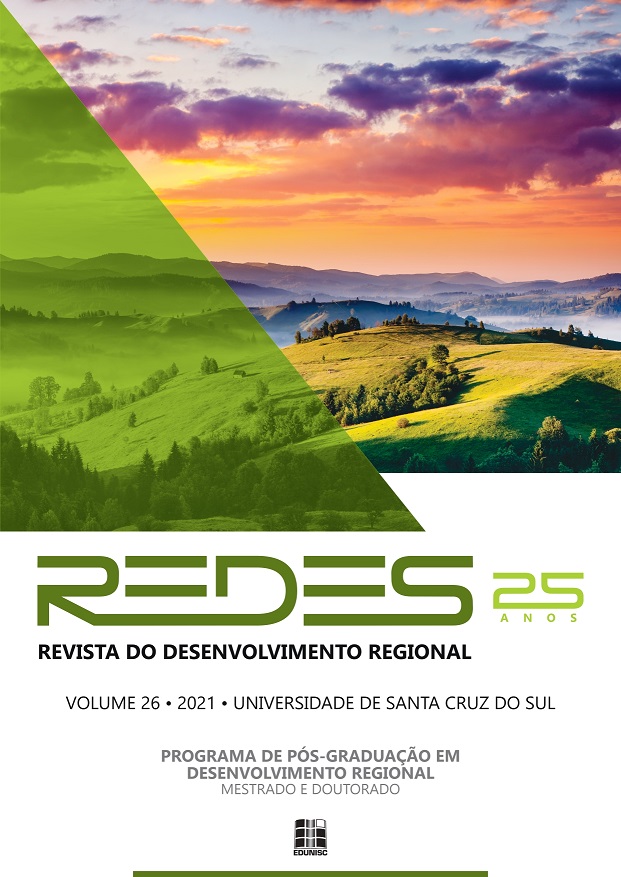The role of networks for the development of rural tourism and the valorization of origin products
DOI:
https://doi.org/10.17058/redes.v26i0.17257Keywords:
Territorial development, Sustainability, Endogenous, Productive processes, Value creationAbstract
In rural areas, development is reoriented to enhance local resources-physical and sociocultural-with the aim of retaining the benefits in the area as much as possible. Development objectives are defined on the basis of the needs, capacities, and perspectives of local agents, while the participation of the population is a fundamental principle and strategy for action. The plurality and heterogeneity of agents and interests is therefore a defining characteristic of the territorial quality strategy, whose development and implementation usually involve the contribution of diverse economic figures. In this essay, we identify and discuss the plurality of key functions that networks can play in endogenous rural development processes. The rural area and its endogenous development processes, evidenced by the two cases analyzed - of agritourism and valorization of products of origin - can be interpreted respectively as a network of networks, more or less formalized, resulting from their interactions. In particular, we identify the function of building connections between capitals to create meanings, that is, symbolic capital, characterized by the development of economic / organizational functions, the creation and sharing of internal patterns and management of territorial commons; we add to this a metafunction, an effective governance of the relationship between agents.



